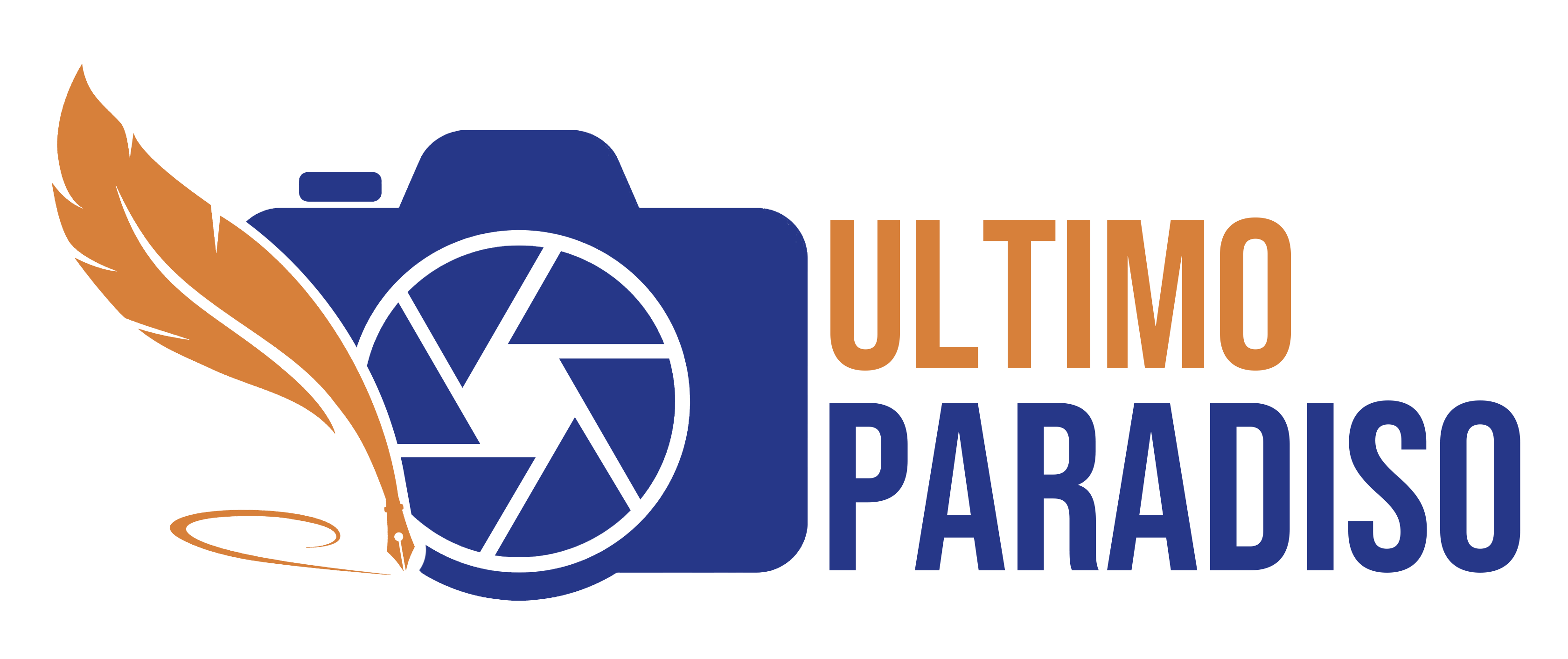DENPASAR – Poor environmental quality is one of the causes of garbage piling up and scattered. The old perspective and behavior of waste management; collect, transport, throw away proven not to solve the waste problem comprehensively
Klungkung Regency and Jembrana Regency ensured their readiness to present RDF (Refused Derived Fuel) or Renewable Energy technology.
This certainty was conveyed by each Head of the Environmental Service when he saw firsthand the waste processing at the Jabon Sidoarjo TPA some time ago. TPA Jabon uses RDF engine technology to be used as a substitute for coal.
Moreover, the Sidoarjo Regency Government has collaborated with PT PJB (Java Bali Power Plant), a research and development cooperation agreement, as well as PJB is ready to become an offtaker (recipient) of the results of residual waste management into RDF.
Interestingly, the cooperation between the two institutions, which was signed on September 13, was witnessed by the Deputy for Prevention of the KPK, Pahala Nainggolan. And in the future, this collaboration that has been established will be guarded by anti-corruption agencies so that there is no waste in waste management, because the management of residual waste becomes more efficient RDF.
The Head of the Klungkung Regency Land and Environment Service, I Ketut Suadnyana, said he came to Jabon Sidoarjo with the Inspectorate and a number of officials. “We are interested in the processing of waste here (TPA Jabon-redi). There is engineering technology. Residues that usually cannot be processed, but here (Sidoarjo.red) can be processed. And the processed products are bought by the offtaker,” said Ketut Suadnyana Friday. (23/9/2022).
He added that Klungkung Regency, at the direction of the leadership, immediately brought in the technology for waste processing in Klungkung with a third-party cooperation scheme. “Before going to Jabon Sidoarjo, we received a lot of information from the media and video submissions related to waste processing in Sidoarjo. Moreover, the technology was designed by the nation’s children and has been proven in Sidoarjo,” he said.
Meanwhile, the Head of the Jembrana Regency Environmental Service, Dewa Ari, is excited about the processing of this RDF technology machine. In addition to environmentally friendly technology, processed technology can be sold to offtakers because it is a source of high heat energy. “Moreover, the processed waste using RDF technology has been proven to be purchased by PJB as an energy source. Now, we come with a number of officials to witness firsthand. We observe, imitate and apply it in their respective regions,” said Dewa Ari ensuring that Jembrana immediately budgeted in the 2023 APBD which will be discussed in October 2022.
The chairman of the DPD of the Bali and Nusa Tenggara Indonesian Waste Entrepreneurs Association (APSI), Putu Ivan Yunatana, as a stakeholder in collaboration with the Klungkung and Jembrana Regency Governments, is interested in the technology at the Jabon TPA. “We will take the replicas in Sidoarjo to Klungkung and Jembrana,” said Ivan Founder of Bali Waste Cycle (BWC) who accompanied the group with the Network of Journalists Care for Waste (J2PS).
Ivan added that waste processing in Sidoarjo is quite well known in Indonesia. “We have seen firsthand the processes and machines used at the Jabon TPA. The technology is already proven. If we cooperate with these two local governments, we will prove it. For six months of testing. If the technology fails or is not proven, we will withdraw. ‘ said Ivan. “Never promise something that has not been proven and tested to the community. Moreover, cooperate with local governments, but the technology has not been tested,” said Ivan who is also the President Director of PT Bhakti Rahayu Group.
The waste problem in Jembrana and Klungkung is also a classic issue that needs a complete solution. If the number is not as much as in Sidoarjo. The daily volume of waste in Klungkung is 90 tons, while in Jembrana it is around 168 tons. Community activities and population are one of the factors that distinguish the volume of waste.
The Operational Coordinator of the Jabon Sidoarjo TPA in East Java, Puji Agus Santoso, said that the Jabon TPA initially received assistance from the PUPR Ministry of Rp. 119 billion and had only been operating since January 2019. “The machine from the PUPR Ministry is only useful as a sorting machine with a capacity of 50 tons per day. Segregated and useful only 5 tons, while the rest is residue. So we made a new machine with 100 percent local technology to process this residual waste,” said Puji, while showing the machine.
This residue processing machine, he said, produces, among others, RDF products as a substitute fuel, SRF, briquettes. “So what is sorted is for recycled materials, now the RDF residue is full for fuel material,” said Puji.
This collaboration plan with the Klungkung and Jembrana Regional Governments collaborates with PT Cahaya Terang Bumi Lestari (CTBL), which is a joint entity of PT Bhakti Bumi and Bali Waste Cycle. These two companies have a strong commitment to waste management and are currently focusing on managing residual waste into RDF (Refused Derived Fuel). Well, for complete waste processing, a strong commitment from all stakeholders, including the private sector, is needed to reduce the amount of waste dumped in landfills and reduce plastic waste in the sea to 70 percent by 2025. Currently the Indonesian government supports the use of Renewable Energy (EBT), one of which is by utilizing waste as an energy source in the form of solid jumputan fuel/RDF. RDF is the result of processing municipal solid waste into fuel. RDF is produced from waste recycling which produces high heat energy. Where RDF begins with the process of separating waste in which its size is reduced, then it is used as a fuel to replace coal.***go


